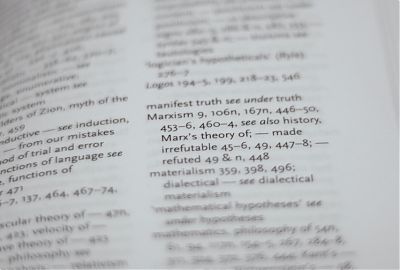Politics Philosophy · 5 February 2013 ·
Pettit on the relationship between the market and the state
On the Politics in Spires blog, Philip Pettit has published an excellent piece on a republican[1] perspective on democracy, freedom and the markets. In his article, there’s one point that’s particularly notable in my opinion: He argues that the markets should not be taken as an independent entity, but are a socio-political construct, determined not only by the actions of individual market participants, but by the social structure.
“[W]e can avoid being seduced into the libertarian view — now, alas, almost an orthodoxy — that the market is a relatively autonomous sphere which depends only contingently on the framework of custom and law, and on the role of the state in supporting that framework. The role of the state in relation to the market — the role of the community, operating through the state — is constitutive and not just regulative, enabling and not just constraining. And it is extensive in even a greater measure than my five sets of rules suggest, since it also includes providing for the infrastructure of education, communication, transport and insurance that any contemporary economy requires.”
I think that this is an essential point to make: Any riches, and any losses in property are the consequence of a particular status quo and the current social order, as determined by the rules and regulations in a society. Let me elaborate:
...continue reading and comment
Politics Philosophy · 2 November 2011 ·
Popper: Irrefutable Marxism has been refuted?

It’s been an in-joke amongst Popper’s critics like Paul Feyerabend and Imre Lakatos that in the subject index of Popper’s Open Society and it’s Enemies lists Marxism as “—irrefutable” and “—refuted” at the same time (Lakatos & Feyerabend, 2010).
...continue reading and comment
Science Philosophy · 13 October 2011 ·
"I am not going to read your diatribe!"
Paul Feyerabend was one of Popper’s earliest students and followers, but soon turned to criticise Popper’s theories vigorously. Neither of them were shy of words when criticising colleagues’ works, nor would they try to conceal their criticism. Feyerabend recalls the following dialogue:
“‘I am not going to read your diatribe!’ Popper had shouted when he saw my [Paul Feyerabend’s – Antipattern] comments on his diatribe against Bohr. (He calmed down when I told him that many people had complained about my aggressive style and had ascribed it to his influence. ‘Is that so?’ he said, smiling, and walked away.)” (in: Feyerabend 1995, p. 146)